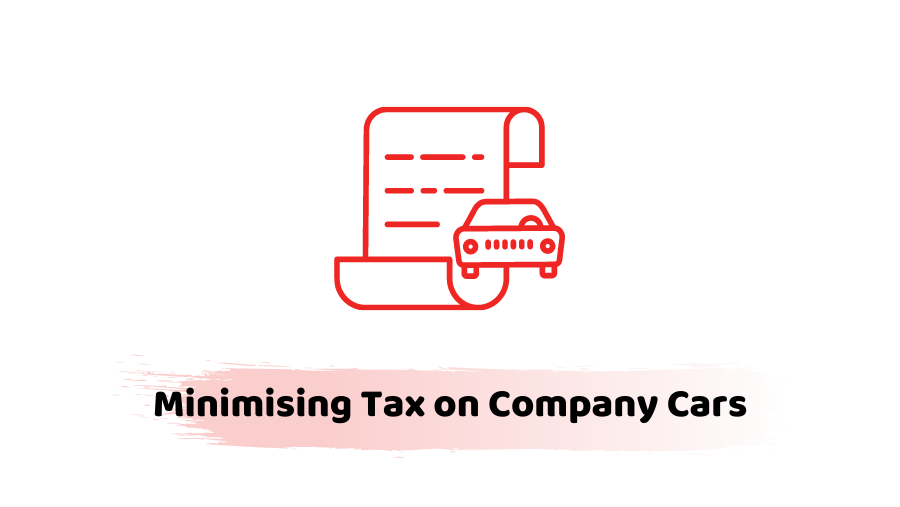How to Save Tax on Company Cars
The cost of being provided with a company car has reached extremely high levels and whether to make use of a company car for private purposes now requires careful consideration to minimize the tax costs.
There are a number of factors that can be considered including the following:
- The Basics – the company car tax charge is based on the vehicle’s list price, CO2 emissions, and the type of fuel. The lower the list price and CO2 emissions the lower the tax charge, although diesel vehicles carry a premium. There is no charge for cars that cannot produce CO2 emissions under any circumstances.
- Classic Cars – those cars aged 15 years or more with a market value of £15,000 or more have the market value applied instead of the list price but for those worth less than £15,000, list price is used which may be very low.
- Pool Car – if a company car is not normally kept at any individual’s residence, is not just used by one employee and where any private use is incidental to the business use, the car can qualify as a pool car and not be a taxable benefit at all.
- Cars in a Sole Trader or Partnership – by running a car through an unincorporated business for the business owner there is no benefit in kind. Instead, the tax-deductible expenses that can be claimed on the car are restricted by the private proportion of use but overall this is far more generous than the charges for a company-owned car. Some businesses will split their business into two trading elements with the cars being held on the unincorporated side.
- Cash Contribution – the list price that the car benefit is based on is reduced by any capital contribution made by the employee up to a maximum of £5000. It is possible for the company to loan the employee this amount as well, interest-free, without there being a benefit in kind on the interest-free loan.
- Company Vans – there is no taxable benefit where employees have to take their company vans home and are not allowed any other private use. Otherwise, the taxable benefit for the private use of a company van is £3,000 (with no reduction for older vans) plus a further £550 of taxable benefit if fuel is provided by the employer for private travel. The difference between a large car and a van can be marginal, but vans are generally those built to carry goods with a design weight of up to 3500Kg. A double cab pick-up is defined as a van if it can carry a payload of at least 1 tonne.
- Private Fuel – a charge for private fuel applies even if only a minimal amount of private petrol is used so it is often better to avoid this in the first place or look at repaying the private fuel provided to avoid the charge.
- Home to work travel – be aware that this generally counts as private travel, not business travel.
- Tax-Free Mileage Allowance – if you own the car personally and use it for business purposes, you can charge the business for business-related journeys and receive the amounts tax-free. The tax-free limit is presently at 45p per mile for the first 10,000 miles and 25p thereafter and can often prove to be better to do this than to have a company car. The company can also reclaim VAT on the fuel element of this payment.
How We Can Help You
We can assist you with tax planning advice in relation to your company car. Please contact us for further advice.





















































